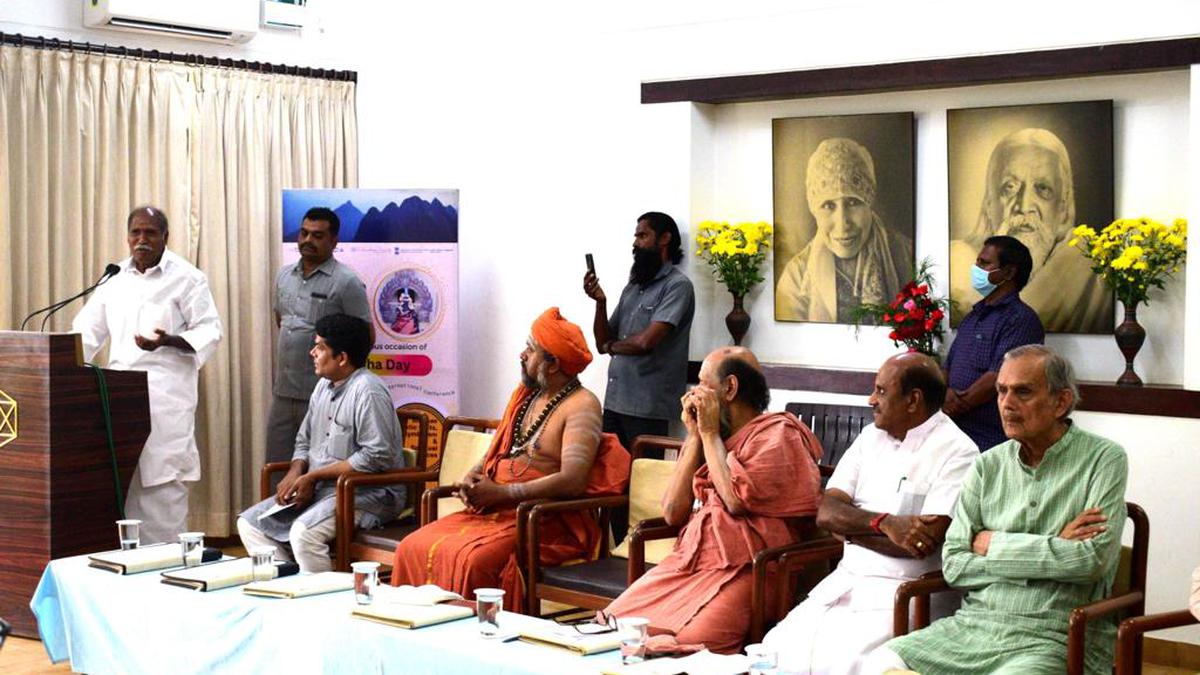
‘Siddha tradition an important part of U.T.’s spiritual legacy’
The Hindu
Puducherry's spiritual legacy of Siddha tradition celebrated at international conference hosted by Sri Aurobindo Society.
A strongly rooted Siddha tradition is an important part of the spiritual legacy of Puducherry, according to Chief Minister N. Rangasamy.
Addressing a recent international conference on ‘Siddhas: Mystic Cults, Symbolism and Spiritual Significances’, hosted by the Sri Aurobindo Society and the Departments of Tourism and Art and Culture, Mr. Rangasamy said that Puducherry had several memorial sites of mystic-alchemists, which underscored the importance of Siddha in medicine.
He also noted the immeasurable value of the teachings of Sri Aurobindo and The Mother that influenced the thoughts of millions of adherents of their spiritual philosophy.
Tourism Minister K. Lakshminarayanan said what made Puducherry such a unique place, and a hub of spiritual tourism, was its evolution over centuries as a convergence point of enlightened seers.
Sivagnana Balaya, of the Mailam Bommapura Atheenam, spoke on various topics, ranging from the significance of spirituality and how spirituality contributes to welfare of the society. He also expounded on the importance of hymns in engendering discipline and a sense of responsibility in daily life.
Pradeep Narang, SAS chairman, highlighted the views of Sri Aurobindo and said that Siddha tradition has given something intangible to the world. He also highlighted the significance of the traditional knowledge system and its application to the contemporary world.
Kishor Kumar Tripathy, SAS member secretary, said the tradition of the Siddha culture involves various rituals that blend spiritual practices with healing.











